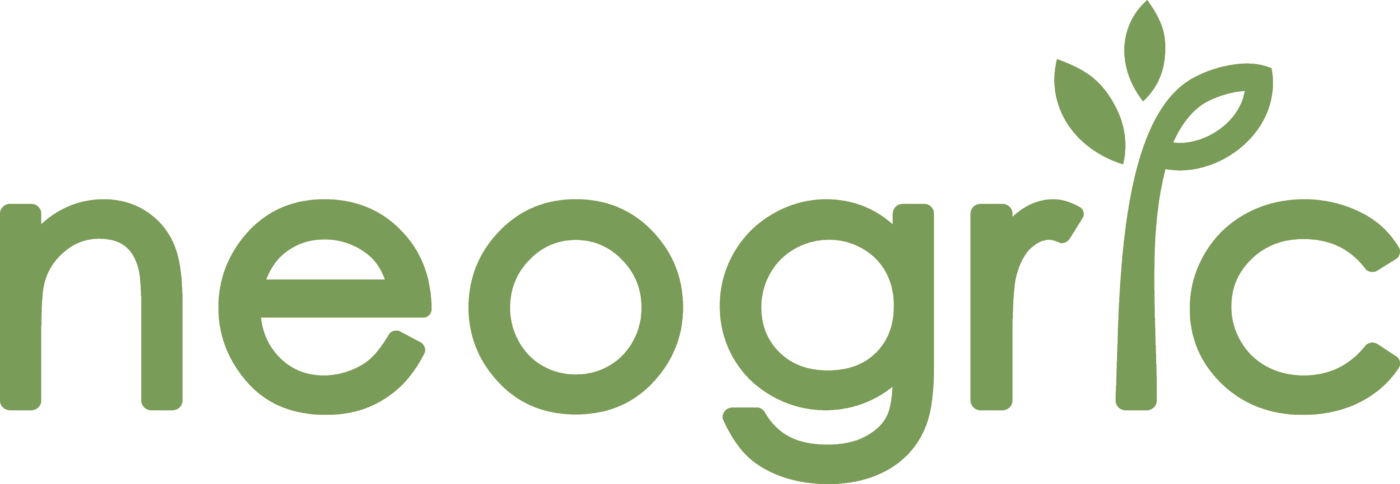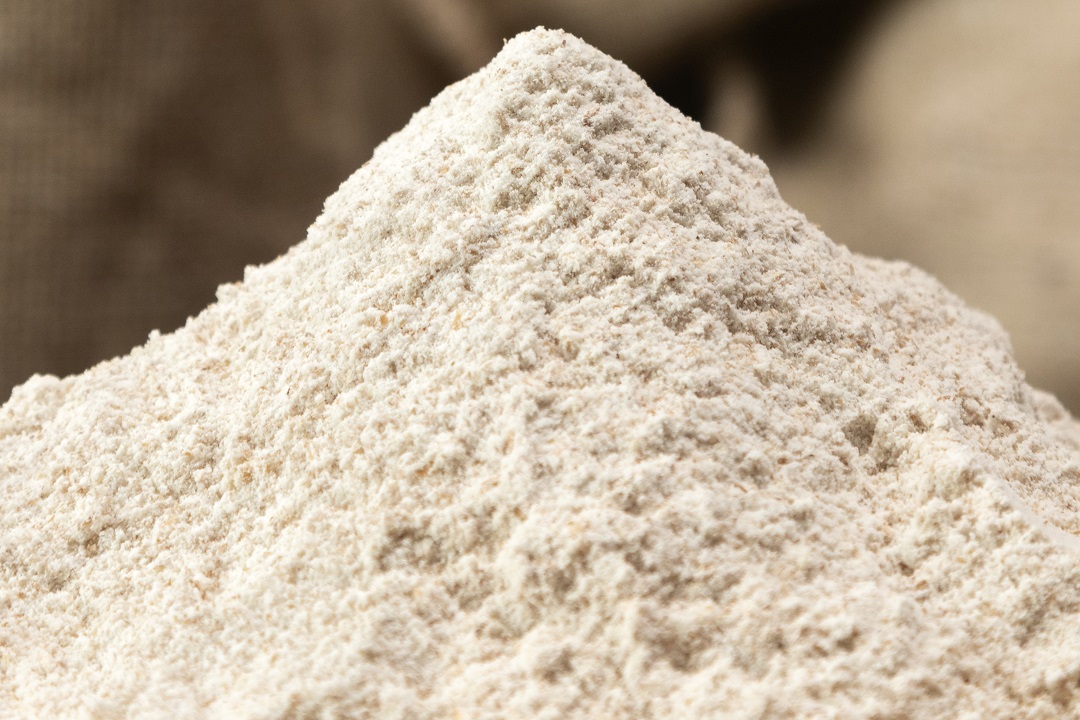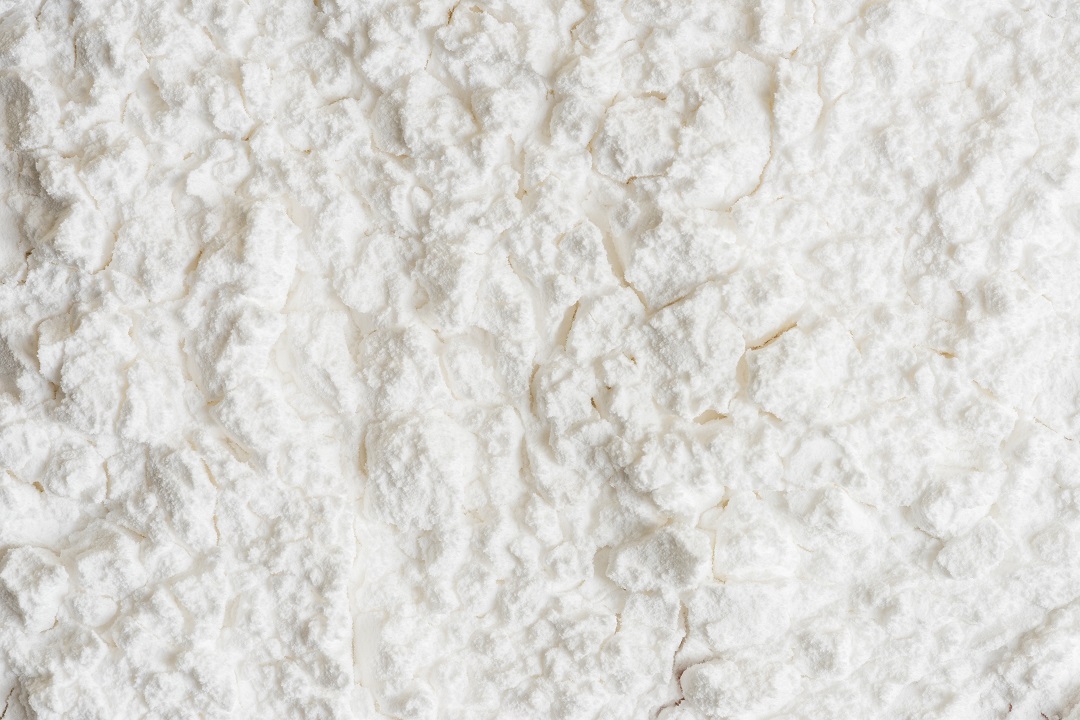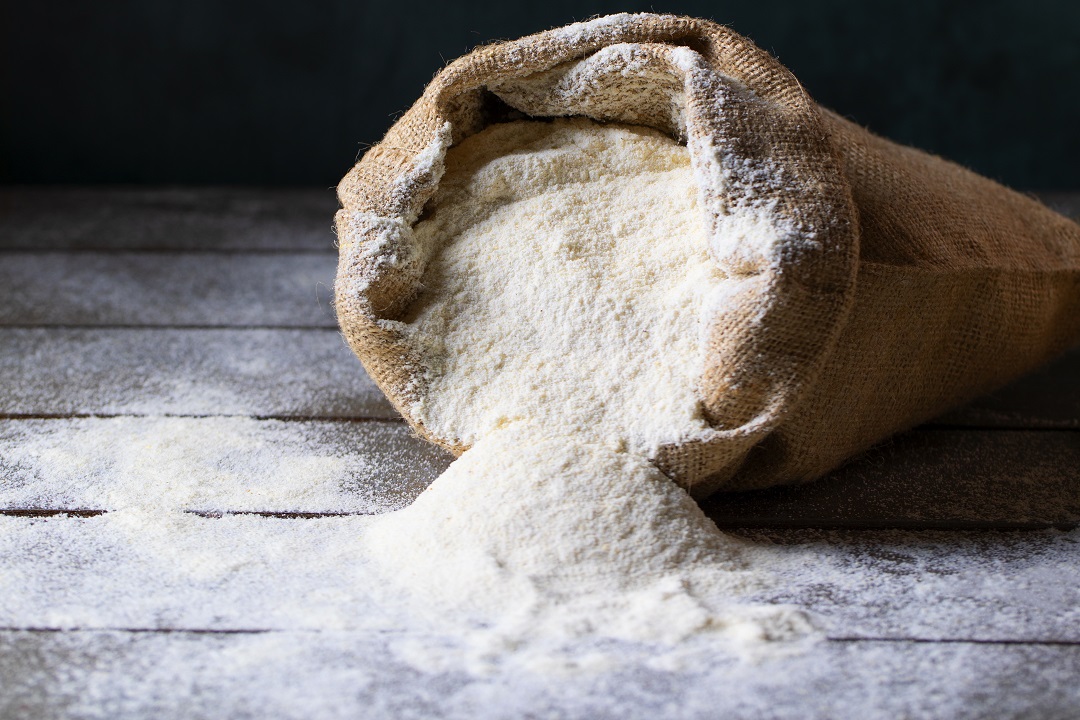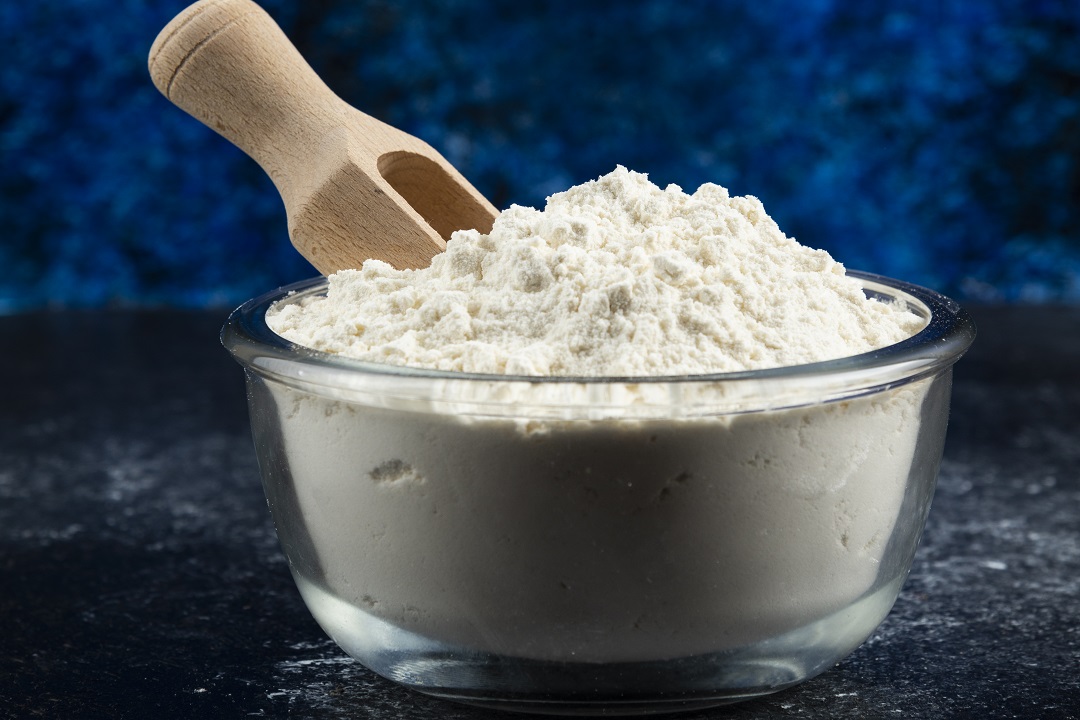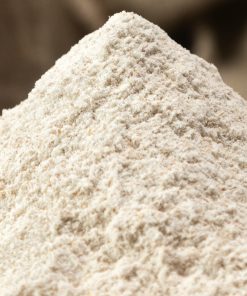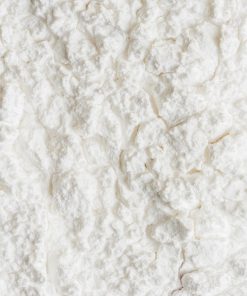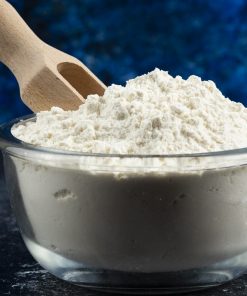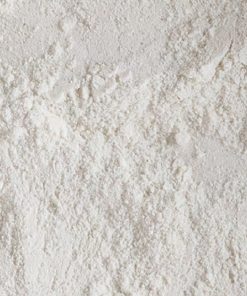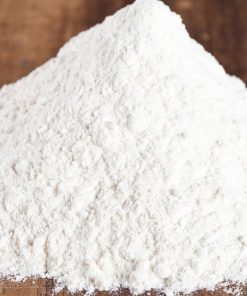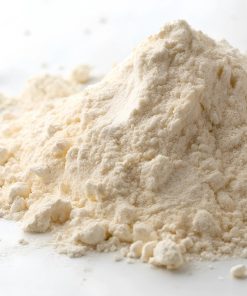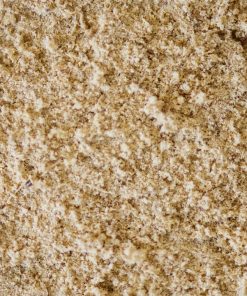What is Yam Flour? Why Buy It?
Yam Flour is a powdered food product derived from dried yams, primarily used as a staple food in various parts of Africa, Asia, and the Caribbean. It is produced by peeling, slicing, drying, and grinding yams into a fine powder. This gluten-free flour serves as an alternative to wheat flour and is commonly used to prepare traditional dishes such as amala, fufu, and porridge.
Yam Flour is rich in complex carbohydrates, dietary fiber, and essential vitamins and minerals such as vitamin C, vitamin B6, potassium, and manganese. It is a highly nutritious option for individuals seeking an energy-dense, easily digestible food product. The flour is also beneficial for people with gluten intolerance or celiac disease, as it contains no gluten.
Additionally, Yam Flour is gaining global recognition due to its health benefits, including improved digestion, regulation of blood sugar levels, and enhanced immune function. It is widely used in both household and industrial food production. The increasing demand for plant-based and naturally sourced food products further makes Yam Flour a desirable commodity in international markets.
Applications/Uses of Yam Flour
Yam Flour is a versatile ingredient with multiple applications across various industries. Its primary uses include:
Food Industry
Traditional Dishes:
Used in the preparation of amala, a popular West African dish made by mixing Yam Flour with hot water to form a smooth, stretchy dough.
Baking:
Used as a gluten-free alternative to wheat flour in baking bread, pancakes, and cakes.
Thickening Agent:
Utilized in soups, sauces, and gravies as a thickening agent.
Instant Food Products:
Incorporated into pre-packaged instant meals and baby food due to its digestibility and high-energy content.
Snack Production:
Used in making crackers, chips, and other snack varieties.
Animal Feed Industry
Yam Flour is sometimes included in livestock feed formulations due to its carbohydrate-rich profile, offering an energy source for animals.
Pharmaceutical and Nutraceutical Industry
- The high dietary fiber content of Yam Flour supports digestive health and is incorporated into dietary supplements.
- Used in functional food formulations aimed at managing blood sugar levels due to its low glycemic index.
Cosmetics and Personal Care Industry
Some skincare brands use yam extracts, including its flour, in beauty products due to its antioxidant properties that help in skin rejuvenation.
Top Producing/Exporting Countries of Yam Flour
Yam Flour production is concentrated in countries that cultivate large quantities of yam. The leading producers and exporters include:
Nigeria
Nigeria is the world’s largest yam producer, accounting for approximately 70% of global yam production.
The country processes and exports Yam Flour to markets in North America, Europe, and Asia.
Ghana
Ghana is a major producer and exporter of Yam Flour, especially to neighboring African nations and international markets such as the United States and the United Kingdom.
Ivory Coast
The country has a significant yam production industry, with a growing sector dedicated to processing yams into flour for export.
Benin
Benin’s yam industry is expanding, with an increasing focus on value-added products such as Yam Flour for regional and international trade.
Togo
Togo exports a considerable amount of Yam Flour, mainly within West Africa and to niche markets in Europe.
China
China is an emerging player in yam cultivation and processing, exporting processed yam products, including Yam Flour, to global markets.
Top Importing Countries of Yam Flour
Several countries import Yam Flour to meet growing consumer demand. The top importing nations include:
United States
The U.S. has a large African and Caribbean diaspora, creating significant demand for Yam Flour in ethnic grocery stores and mainstream supermarkets.
United Kingdom
The UK imports Yam Flour primarily for African and Caribbean communities, with increasing adoption among health-conscious consumers seeking gluten-free alternatives.
Canada
Similar to the U.S., Canada’s African and Caribbean populations drive demand for Yam Flour, with imports coming mainly from Nigeria and Ghana.
France
France has a sizable West African immigrant community, making it one of the leading European importers of Yam Flour.
Germany
The demand for alternative flours in Germany, particularly among health-conscious consumers and those following gluten-free diets, contributes to its growing Yam Flour imports.
Netherlands
The Netherlands serves as a major European distribution hub for African food products, including Yam Flour, which is then supplied to other European nations.
China
With the rise in gluten-free food consumption, China has increased its imports of Yam Flour for use in specialty food products.
International Price of Yam Flour Per Metric Ton
The unit price ($ per MT) of Yam Flour in the international market depends on a host of different factors including:
- The grade of the produce (usually the more the processing, the higher the price)
- The price of the raw material
- Age of the seeds (this can affect the price)
- Production levels in producing countries
- Economic conditions and the exchange rates between the currencies of the producing and importing countries.
- The quantity ordered (the greater the quantity, the cheaper you can get it per ton)
- Harvest season (it is more costly when it is out of harvest season).
- Weather conditions (some commodities are sensitive to weather conditions).
- Freight & haulage cost
- Percentage of markup
- Import duties, trade tariffs and trade agreements between countries
- Distance from the country of origin
- Technology/Infrastructure available in country of origin
- Relationship between the buyer and seller
That said, as at March 2025, Yam Flour costs between $600 and $2800 Per Metric Ton (1,000 kilograms) in the international market (i.e. $0.6/kg to $2.8/kg).
How To Safely Source for Your Yam Flour Produce
If you find the right export company, buying directly from them can make the purchase process easy and stress-free, when compared with doing the sourcing on your own. That said, there are few things to note when dealing with an export company in Nigeria or Africa. The specific requirements for Nigeria are listed below, but they mostly apply to other African countries:
- The exporting company must be registered with the Corporate Affairs Commission (CAC) to make sure the company is registered and permitted to carry out business
- The export company must also be registered with the Nigerian Export Promotion Council (NEPC).
- The company must possess a domiciliary account to accept international
The company should get all necessary export-related documentation done before the shipment leaves the port of origin. Some of the documents are:
- Certificate of origin
- Bill of lading
- Inspection Certificate (SGS, Cotecna, Bureau Veritas, Intertek, etc)
- Phytosanitary certificate
- Fumigation certificate
Where To Find Reliable Exporters
An important question that still needs to be answered is how to find Yam Flour exporters in Nigeria. You can use any of the methods listed below:
- Attend trade fairs
- Use search engines like Google, Yahoo,
- Search for agents on Linkedln
- Sign up on trade platforms (e.g. Alibaba, Tradeford, Go4WorldBusiness)
- Neogric – Neogric is one of the reliable Yam Flour exporters in Neogric is rated among the best in the exporting business in Nigeria. The company is not limited to the exportation of Yam Flour alone but can export other agricultural produce ranging from perishables to dry seeds.
How To Pay For Your Yam Flour Produce
You can pay for Yam Flour using different methods, but three of the popular ways of paying for your agric produce are:
- Bank (T/T) Payment
- Advance Payment
- Letter of Credit (LC)
Bank Payment (T/T)
Bank payment is also known as T/T, “Telegraphic Transfer” or “Telex Transfer” In other words, it is an international wire of funds from the buyer’s bank to the seller’s bank.
A T/T is technically not the same as a wire transfer, which is often done through the SWIFT network. However, when a seller or supplier asks for a T/T payment, a wire transfer is what they are really asking for.
The wire transfer based on the SWIFT system is the most common payment method in international trade. Typically, it takes 1-5 working days to clear, and generally costs between 25 and 50 USD, depending on your agreement with the commercial department in your bank.
Advance Payment
There are sellers that will demand anywhere from 30% to 50% advance payment, and for good reason. If both parties have done deals in the past, sellers can ask for a percentage of the sales (about 30%) before they ship the produce and they can request for the remaining amount after a scanned copy of the Bill of Lading has been sent to the buyer.
It is the safest option for exporters and it also guarantees that they will have some funds to help with sourcing. It is popular among manufacturers on B2B marketplaces like Alibaba and also with commodity traders.
However, advance payment carries considerable risk for the importer (buyer) because the exporter (seller) might not be under as much pressure to ensure quality checks compared with a stricter form of payment. Some might even disappear entirely.
Having said that, advance payment is very useful and is widely used. For instance, the seller might need to secure the commodity in the face of increased competition. It can also be used when the exporter needs some money for sourcing the produce or for processing raw materials.
The most important thing is for both importer and exporter to build mutual trust by having a track record of successful deals with each other or other known companies.
Letter of Credit
Letter of Credit is an agreement generated by the bank of the buyer, guaranteeing payment once certain conditions are met. It is one of the safest types of payment available to both buyer and seller.
Some of the types of Letter of credit are:
- Commercial Letter of Credit,
- Sight Letter of Credit
- Transferrable or Non-Transferable Letter of Credit
- Standby Letter of Credit (SBLC)
- Usance or Deferred Payment Letter of Credit
- Revocable or Irrevocable Letter of Credit
- Confirmed or Unconfirmed Letter of Credit
- Revolving Letter of Credit
- Green Clause Letter of Credit
- Red Clause Letter of Credit
L/Cs are not totally safe (for either buyer or seller) too. For instance, sellers can ship substandard products or those that are different from the ones agreed upon. In this case, the seller gets paid and the buyer receives goods he cannot use.
And speaking of the dangers of L/Cs for the exporter, the conditions in the Letter of credit might be practically impossible to fulfil; if an exporter agrees to such, he might be unable to receive payment. A report stated that of the letters of credit received in the UK, 50% are unworkable while 70% are rejected by the banks for payment.
Shipping & Delivery Terms
When shipping your products, it is important to take note of a few factors:
Order Quantity
For smaller shipments, airfreight is often the preferred option but as the order volume increases, sea freight could become significantly cheaper. Usually when the order is close to a full container load (20 ft), sea freight is used. Although the Covid-19 pandemic caused an increase in cost of delivery of products, prices have stabilised.
Cost of Delivery
When the order is of a large volume, sea freight often turns out cheaper than air freight. In fact, air freight could be up to 6 times more costly than sea freight if the volume is large enough.
Time of Delivery
Sometimes, time will be more important to the buyer than the cost of delivering the product. In this case, air freight will be the logical option (as stated above, the cost will be more). But if you have more time as a buyer, you should strongly consider using sea freight.
Incoterms
Incoterms refer to generally accepted shipping and payments terms. For example, buyers that have representatives in the source country or that can negotiate with the freight company can use the Free of Board (FOB) terms, since it gives them more control and can save them some money.
However, if the shipment is small or the buyer doesn’t have an extensive network to effectively handle payment for freight, insurance and port charges, he will be better off choosing the Cost-Insurance-Freight (CIF) payment option.
Neogric: Top Exporters and Suppliers of Yam Flour
We invite you to place your order for high-quality Yam Flour with us at Neogric. We are a trusted global commodity sourcing and trade solution provider with deep expertise in the Yam Flour industry. Whether you’re a small business or a large corporation, our wide range of products and technology powered, end-to-end supply chain make the export of quality Yam Flour easy, quick and safe. Whichever region of the world you are, be it Europe, Asia, USA, Canada, Other North/Central American countries, Africa, South America or Oceania, you can reliably order your agricultural produce and we will ensure it is successfully delivered to you, on time.
Why Buy Yam Flour From Neogric?
Choosing Neogric as your Yam Flour supplier offers several advantages:
- Quality Assurance: We maintain strict quality control standards, ensuring our Yam Flour and other products are of the highest quality.
- Wide Product Range: We offer a diverse selection of products, catering to various
- Reliable Supply Chain: Our efficient technology-powered end-to-end supply chain ensures timely delivery of your orders.
- Expertise and Support: Our team of experts provides valuable insights and support, making your purchasing process smooth and hassle-free.
Our Yam Flour Trade Specifications
- Origin: Nigeria
- Product Name: Yam Flour
- Physical Specification: Based On Buyer’s Specification
- Quantity: Based On Buyer’s Specification
- MOQ: 10 Metric Tonnes
- Trade Process: Ex Works/FOB/CIF
- Admixture/Impurities: Based On Buyer’s Specification
- Inspection: SGS/Cotecna/Intertek/Bureau Veritas
- Packaging: Based On Buyer’s Specification
- Payment Method: TT (Bank Transfer) or L/C
- Shipping Time: 15 to 25 Days After Confirmation of TT or L/C
- Loading Port: Lagos (Nigeria), Abidjan (Cote D’ivoire) or Tema (Ghana)
Expected Shipping Documents
- Bill of Lading
- Certificate of Origin
- SGS Inspection Certificate
- Phytosanitary Certificate
- Fumigation Certificate
- Commercial Invoice
- Packing List
Place Your Yam Flour Order With Neogric
Contact us today to place your order for high-quality Yam Flour. Our team is ready to assist you with all your procurement needs.
- Tel: +2348147860157
- Email: neo@neogric.com
- WhatsApp: Chat With Us
